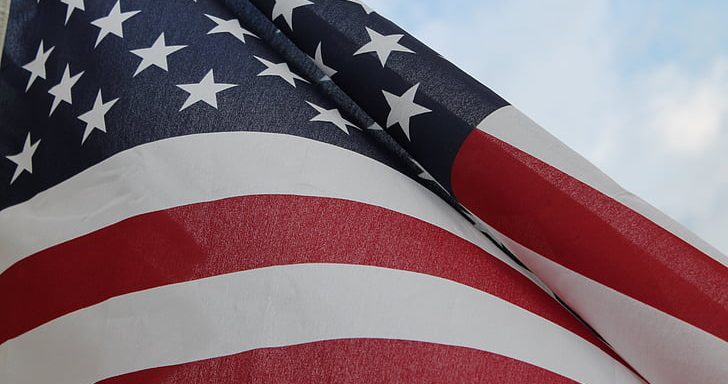INTELBRIEF
September 18, 2020
IntelBrief: America’s Domestic Dysfunction Limits its Ability to Lead Globally

Bottom Line Up Front
- Since foreign policy begins at home, the inability to quell domestic challenges will inevitably limit Washington’s influence globally, offering U.S. adversaries myriad opportunities to take advantage of a country slowly cannibalizing itself.
- Senior officials in the U.S. government have sowed mistrust, peddled disinformation, and elevated conspiratorial beliefs while denigrating science, objectivity, and empirical evidence.
- An inept domestic response to COVID-19 and a lack of willingness to lead on global challenges like climate change have contributed to a diminished role for the United States on the world stage.
- With a United States incapable of sorting out its own domestic political issues, the world is a more dangerous place.
Over the course of the last decade, American politics have grown increasingly more tribal, compounding already difficult national security challenges. Now, this contentious political climate has brought about a dangerous inflection point in the United States. For all the sunken costs and missed opportunities associated with the two decade-long ‘war on terror,’ the United States is now grappling with a more insidious threat—domestic dysfunction, where political malfeasance and ineptitude is contributing to societal violence. As a nation, the United States has proven unwilling—and now, perhaps unable—to comprehensively address widespread domestic instability. And since foreign policy begins at home, the inability to quell domestic volatility will inevitably limit Washington’s influence globally, offering U.S. adversaries myriad opportunities to take advantage of a country slowly cannibalizing itself.
The COVID-19 pandemic has left nearly 200,000 Americans dead and 6.5 million infected. One result has been a cratered economy, unable to withstand financial shocks. This has been compounded by a distrust so pervasive that American citizens cannot even agree on the basic facts of how we arrived here or potential solutions to extricate our country from this morass. This was a deliberate decision of senior officials and personalities to sow mistrust, peddle disinformation, and elevate conspiratorial beliefs while denigrating science, objectivity, and empirical evidence. The contagion of conspiracies, spread by supporters of QAnon and other corrosive ideologies, are impervious to logic and are now being echoed by public officials. Conspiracies about the ‘Deep State’ have been given top cover by President Trump, who refuses to denounce QAnon.
There is likely no natural disaster or national security event capable of uniting a majority of the U.S. population to work toward achieving a common goal given the current state of polarization. Rather than work across the aisles to help each other, Americans retreat online and swap disparaging memes that insult and belittle ‘the other side.’ Identity politics and the culture wars have turned the nation inward on itself. But as the United States remains consumed with societal upheaval, it will be less agile in responding to crises abroad, of which there are many. Washington faces serious challenges on a global level—Russian revanchism has destabilized Europe and parts of the Middle East, while the rise of China has challenged U.S. dominance in the Indo-Pacific region. Meanwhile the so-called Islamic State is still able to capitalize upon misery and poor governance in Syria and Iraq to promote its extremist beliefs. According to the Pew Research Center, favorable opinions of the United States have reached near record lows amongst populations in France, the United Kingdom, Germany, Australia, Canada, and Japan. An inept domestic response to COVID-19 and a lack of willingness to lead on global challenges like climate change, have contributed to a diminished role for the United States on the world stage. China, Russia, Turkey, and Iran are eager to step in and fill this void.
Taken together, the current laydown of domestic unrest and violent political rhetoric has combined to form the perfect storm with less than seven weeks to go until the election. There have been no shortage of public warnings about the damage that the United States continues to inflict on itself. Yet, numerous public officials have encouraged chaos through rhetoric. A senior official in the Department of Health and Human Services (HHS) has posted literal calls for mass violence after the election, as well as accusing scientists working with HHS of ‘sedition’. The President often retweets QAnon conspiracies and even known foreign malign influence actors spreading deliberate lies and disinformation. Actors from across the political spectrum—left and right, liberal and conservative—have provoked the other side in what amounts to a ‘winner take all’ contest come November. With a United States incapable of sorting out its own domestic political issues, the world is a more dangerous place.